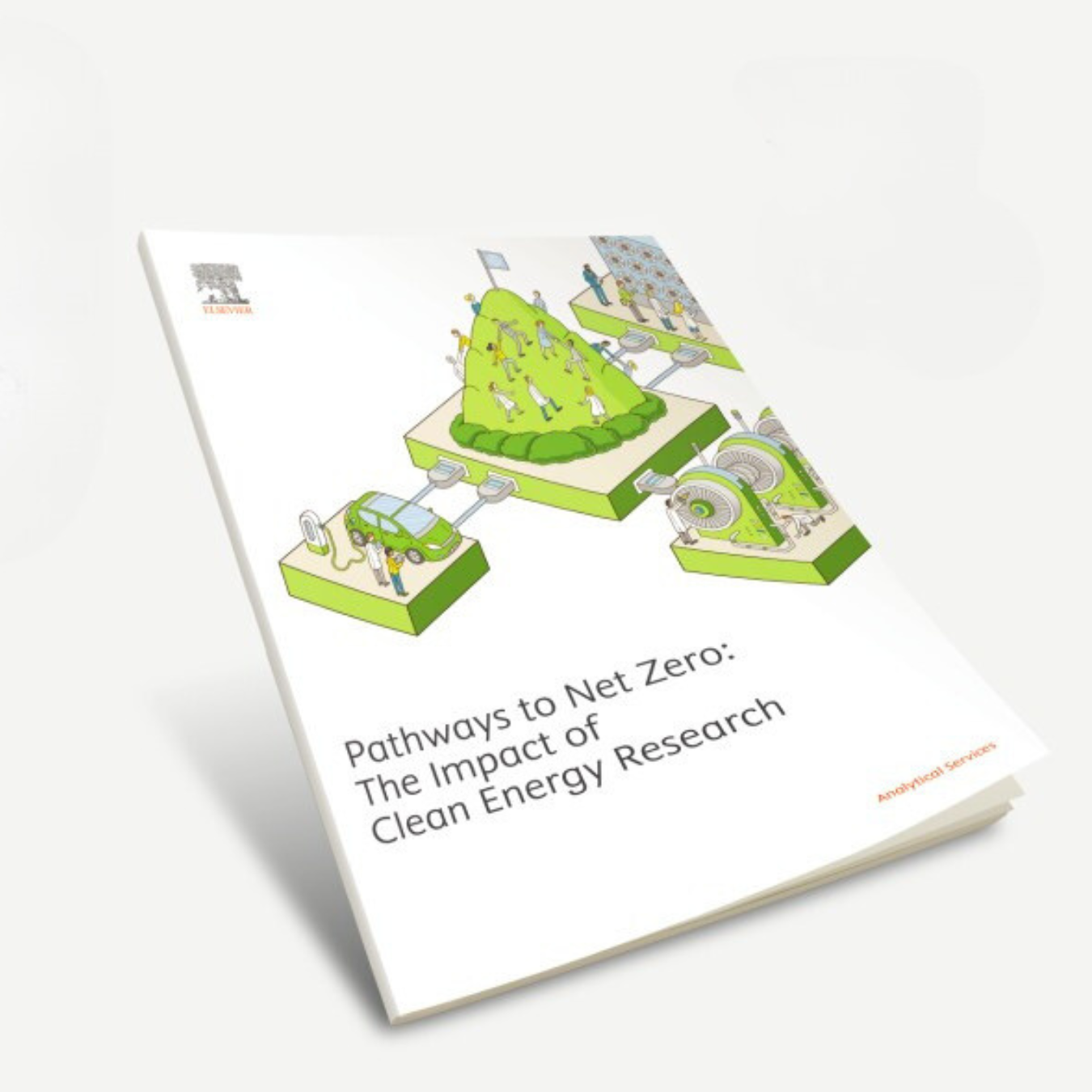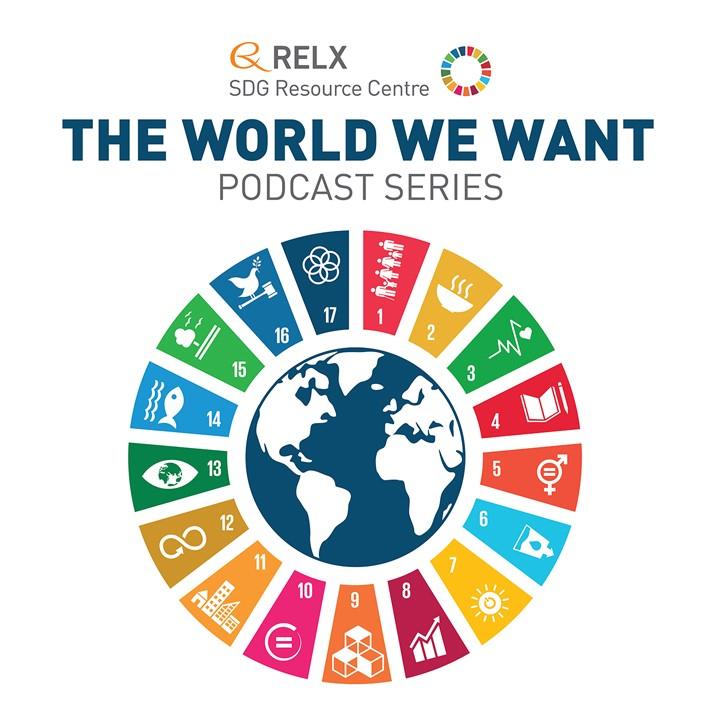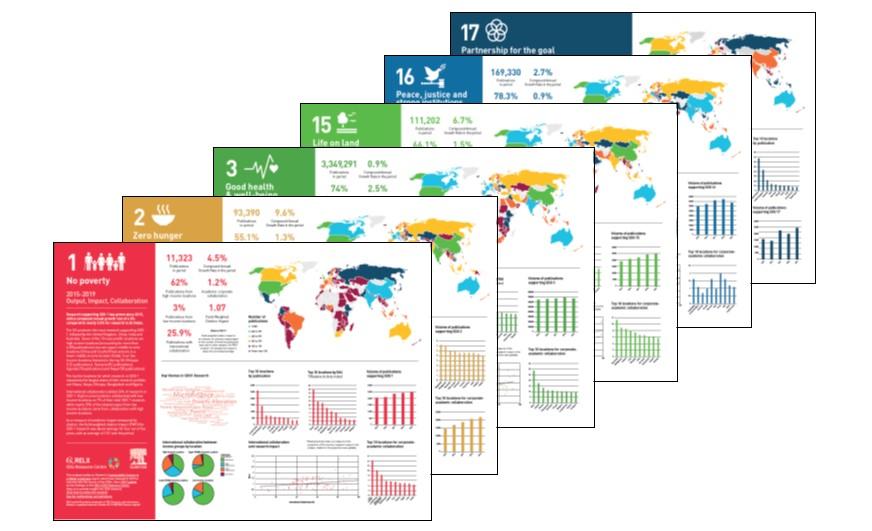Ensure inclusive and equitable quality education and promote lifelong learning opportunities for all
There are currently no results
Please use the filter option to change the selected content type, or the left-hand links to view the content for another SDG.
Featured content
Goal 9: Industry, innovation and infrastructure







